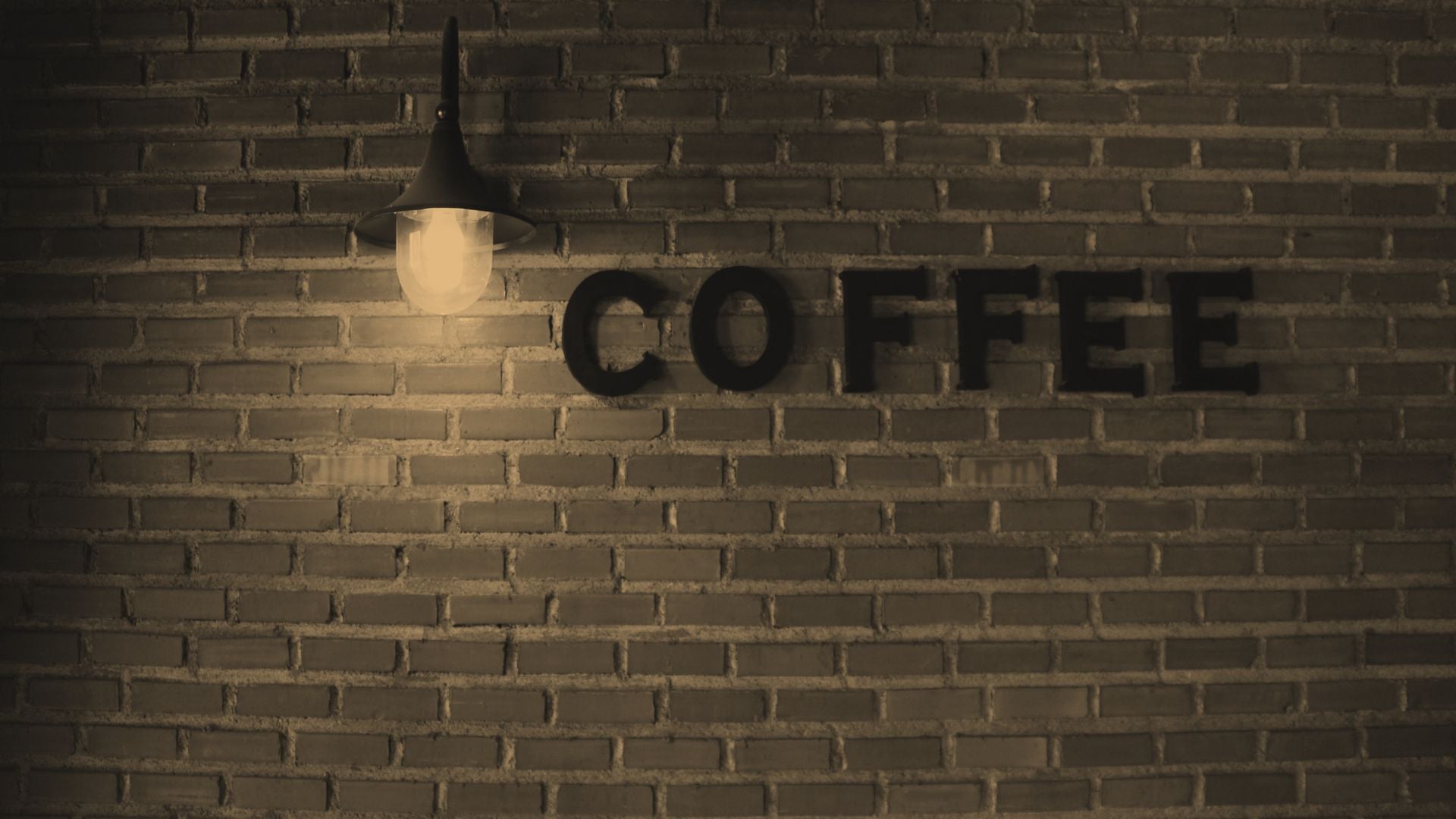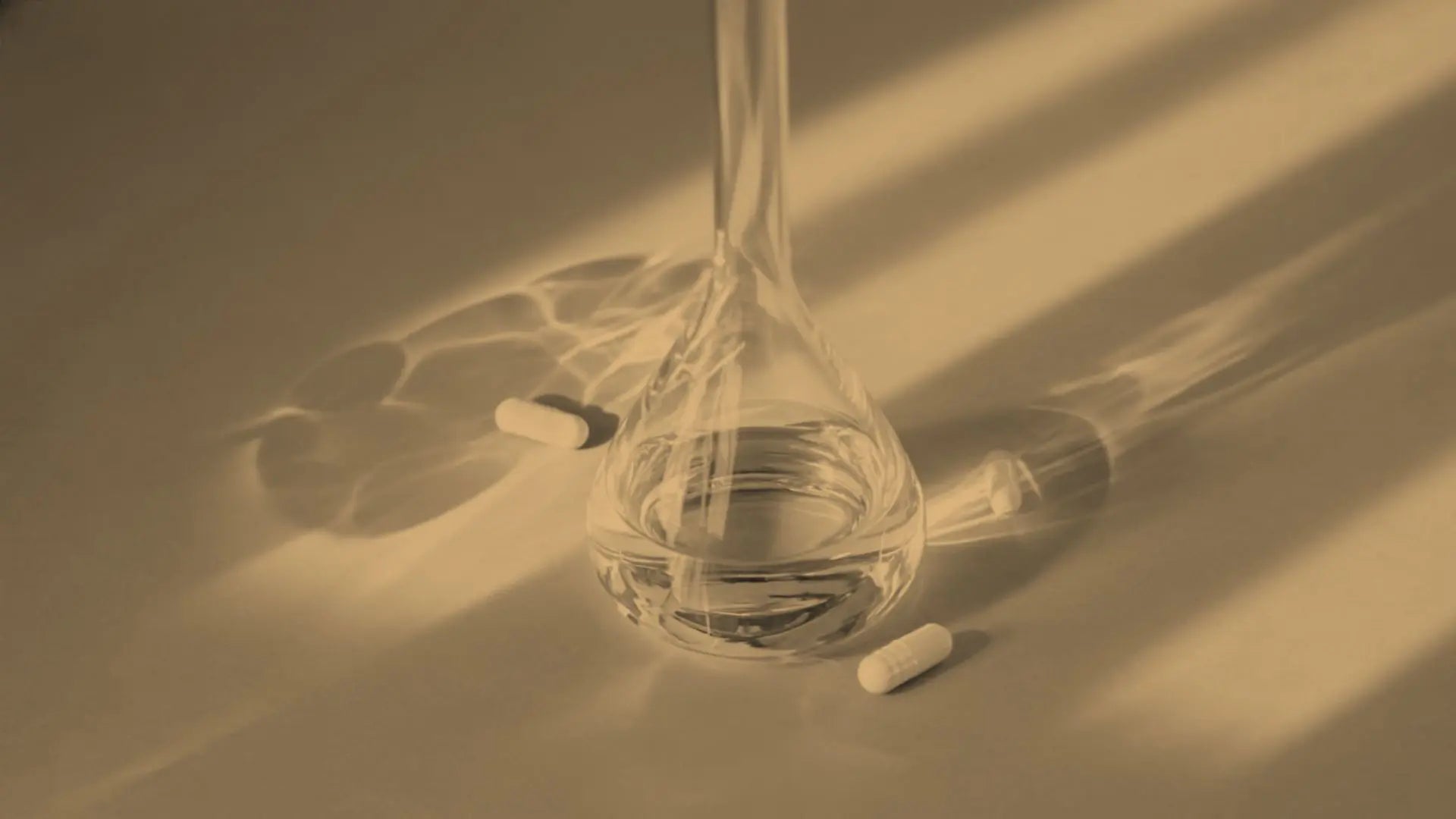
Does Coffee Help Hangovers? The Truth About Caffeine and Recovery
A big cup of coffee is a go-to hangover remedy, along with a greasy breakfast and a couple of ibuprofen. But do caffeine-rich beverages like coffee actually help hangovers, or is that just a myth?
Read on as we dive into the science of caffeine and hangover recovery—and find out whether coffee is truly an effective hangover remedy.
What Causes a Hangover?
There are a number of different ways that alcohol leads to hangovers—it can cause:
- Dehydration
- GI upset
- Inflammation throughout the body
- Exposure to acetaldehyde (a toxic byproduct of alcohol)
- Alcohol withdrawal
- Disrupted sleep
This combination can send your body into a tailspin, leaving you desperate for anything that might help ease the pounding headache, nausea, and fatigue. But are caffeine-rich beverages like coffee really the right choice?
The Role of Caffeine in Dealing with Hangovers
Caffeine is best known for its stimulant effects—it blocks adenosine, a chemical that contributes to sleepiness, in the brain. That’s why drinking coffee can make you feel more alert after a night of drinking and why many people reach for coffee to fight fatigue and brain fog.
Although caffeine can provide a temporary energy boost (often followed by a crash), it doesn’t treat the root causes of a hangover. Coffee can’t replenish lost fluids, correct electrolyte imbalances, or calm inflammation. In other words, it may mask discomfort, but it can’t fix it.
Pros and Cons of Coffee for Hangovers
Like most things, coffee’s effects are more nuanced than simply “good” or “bad.” It can have both positive and negative impacts, depending on your body and tolerance.
Potential Benefits of Coffee
- Boosts alertness and energy, helping fight hangover-related fatigue and weakness
- May slightly improve mood when dealing with post-alcohol sluggishness
Potential Drawbacks of Coffee
- Can worsen dehydration, one of the main causes of hangovers, since caffeine is a diuretic
- May irritate the stomach, increasing nausea or GI discomfort
- Could intensify “hangxiety,” the elevated anxiety often associated with hangovers
Our takeaway: Enjoy your coffee if it helps you feel better—but don’t expect it to end your hangover.
Better Hangover Support Strategies
Instead of (or alongside) coffee, try these strategies to help your body recover from post-drinking symptoms:
Prepare Your Body with PREGAME
PREGAME by Capsulyte contains N-acetyl cysteine (NAC), which may reduce unpleasant post-drinking symptoms. It also includes:
- Siliphos® — a milk thistle–derived compound that supports healthy liver function
- DHM — an antioxidant and anti-inflammatory compound
- Clovinol® — an antioxidant shown to reduce negative post-drinking effects by up to 55%
Emphasize Hydration Before, During, and After Drinking
Dehydration is one of the biggest causes of hangovers, so keeping your body hydrated is essential. Water or broth can help—but adding HYDRATION by Capsulyte gives you electrolytes and key nutrients through Hydra 4G™ (a blend of sodium, potassium, magnesium, and calcium).
It also includes B vitamins (for energy metabolism and neurological function), liposomal Pureway C™ (an antioxidant that may support immune health), and zinc (a mineral important for immune balance).
To better understand hangovers and learn science-based strategies for recovery, visit the Capsulyte Blog—updated regularly with wellness and prevention tips.
Frequently Asked Questions
Does coffee actually help a hangover?
Coffee can increase alertness by blocking adenosine, which may make you feel more awake. It does not address core hangover drivers like dehydration, electrolyte imbalance, inflammation, or disrupted sleep.
How much coffee is okay the morning after?
Start small and see how you feel. Sensitivity to caffeine varies, and too much can worsen jitters or unease. Pair coffee with water and food to be gentler on your system.
Is caffeine dehydrating?
Caffeine has a mild diuretic effect for some people. If you drink coffee, also sip water and consider electrolytes to support normal fluid balance.
Can coffee upset my stomach after drinking?
It can. Coffee is acidic and may aggravate nausea or GI discomfort in some people. If your stomach feels sensitive, try food first or delay coffee.
Can coffee make “hangxiety” worse?
It might. Caffeine can increase restlessness in some people. If you feel on edge, consider less coffee, switch to tea, or skip caffeine.
What should I drink alongside coffee?
Alternate sips of water and include electrolytes to support hydration. Capsulyte’s HYDRATION provides electrolytes and key nutrients to support normal fluid balance during and after drinking.
When is the best time for coffee after a night out?
After hydrating and eating something light. Food can help slow caffeine’s impact on an empty stomach and may feel easier on digestion.


